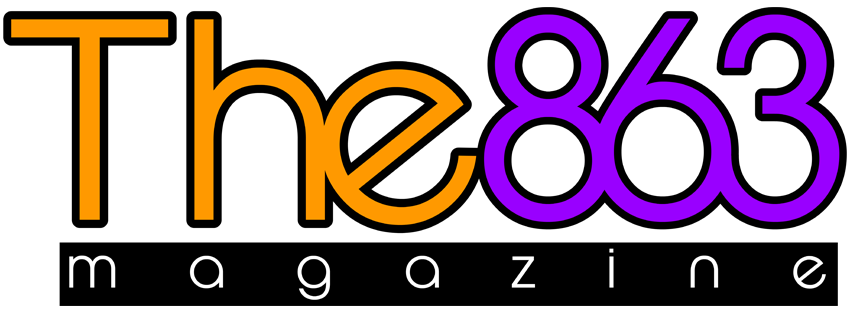Break Through Your Threshold: Substituting Empathy for Apology
By Jai Maa
“Not my monkeys” is a helpful phrase to create distance and stop leaking energy unnecessarily. Also, try using empathy instead of apologizing.
Stan, a friend of mine, dropped by to share about a strange interaction he had while out at an event. He ran into someone he knew and expressed his joy in seeing her, and the woman misinterpreted his energy, thinking he was coming on to her. He was not. Stan had been friends with this lady’s partner for many years, and he was simply excited to see someone he knew at the social gathering. The next day, the partner of the lady came by Stan’s house to discuss what happened, concerned why his long-time friend, Stan, would dare hit on his partner.
Stan is one of those gentle, loving, heart-centered kind of guys who always has a smile on his face and gives great big teddy bear hugs. There is not one creepy-vibe about him. He apologized to his friend, explaining that he was not coming on to her at all, and felt bad that she felt uncomfortable from their interaction.
While Stan shared his story, I could tell he was confused as to what happened, and furthermore, I could see the small drama was taking up his focus and energy.
“These are not your monkeys,” I said and we both laughed off the tension of the story. We continued a conversation of self-realization and made an important distinction of when to and when not to apologize. We also compared the difference between “feeling bad” verses having compassion for another whose “monkeys” have been triggered. Our “monkeys” are those unconscious fears and pains from the past that we create dramas with when we feel disturbed by another.
When do you apologize and when is an apology leaking your energy?
Apologies take courage and are necessary to preserve relationships that matter. If you have done something you probably shouldn’t have, whether consciously or unconsciously, then apologizing helps clean things up and hopefully, restores trust.
When you know you were sincere in your intention and have been accused of something you did not do, from that place, an apology is a form of leaking energy. You are basically apologizing for someone else’s triggered wounds that have surfaced for healing. You did not place those wounds inside of them, and it is not your responsibility to say “I’m sorry” for them. When you do this, you pacify the other’s wound and it settles back down into the darkness of their subconscious, only to be triggered again by the next innocent bystander.
Instead, try using empathy. Empathy means you show understanding of the other person’s experience without agreeing with or making it your own. You are secure enough in your own experience to enter the world of another, while honoring that their feelings are their feelings and deserve to be heard. Rushing into an explanation to save someone from their feelings doesn’t serve them, and it most certainly doesn’t serve you. The moment you explain or defend yourself, you have already given your power away.
Isn’t it loving to feel bad when someone else is feeling bad?
No! When you “feel bad” for another who is already feeling bad, both of you drop your energy and become less available to the self-realizations necessary to shift. Additionally, you amplify the other person’s “feeling bad” by focusing on them and sending them more “feel bad” energy.
STOP DOING THIS!
Instead of feeling bad for another, allow yourself to feel compassion. Compassion is love seeing pain. Remain centered and offer empathy and compassion when someone else’s wounds have been triggered by you. Giving away your power by apologizing or feeling bad serves no one.
Stan has a heart of gold, so much so that he gives away extra energy in trying to help those who feel wounded. His intentions to serve others are great, and he’s becoming more aware of how to hold the space of another’s pain, verses trying to rescue them by giving up power.
When being your pure, brilliant, beautiful, full-and-complete self, your light may trigger and awaken unconscious wounds of others. When this happens, and you are projected upon, ask yourself, “Are these my monkeys?”
Enlightenment Challenge: When you find yourself saying “I’m sorry” in order to pacify another’s triggered wounds, try using empathy and compassion instead.
Magically,
Jai Maa
